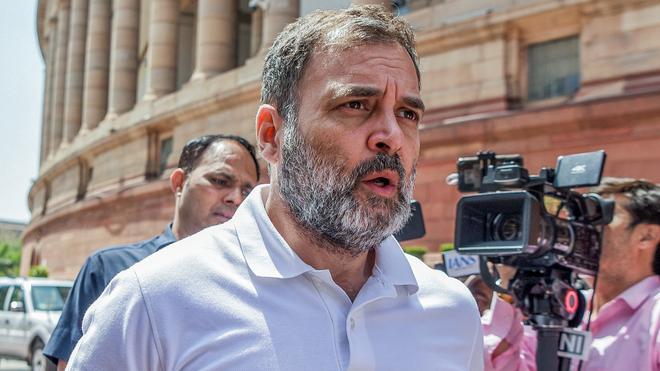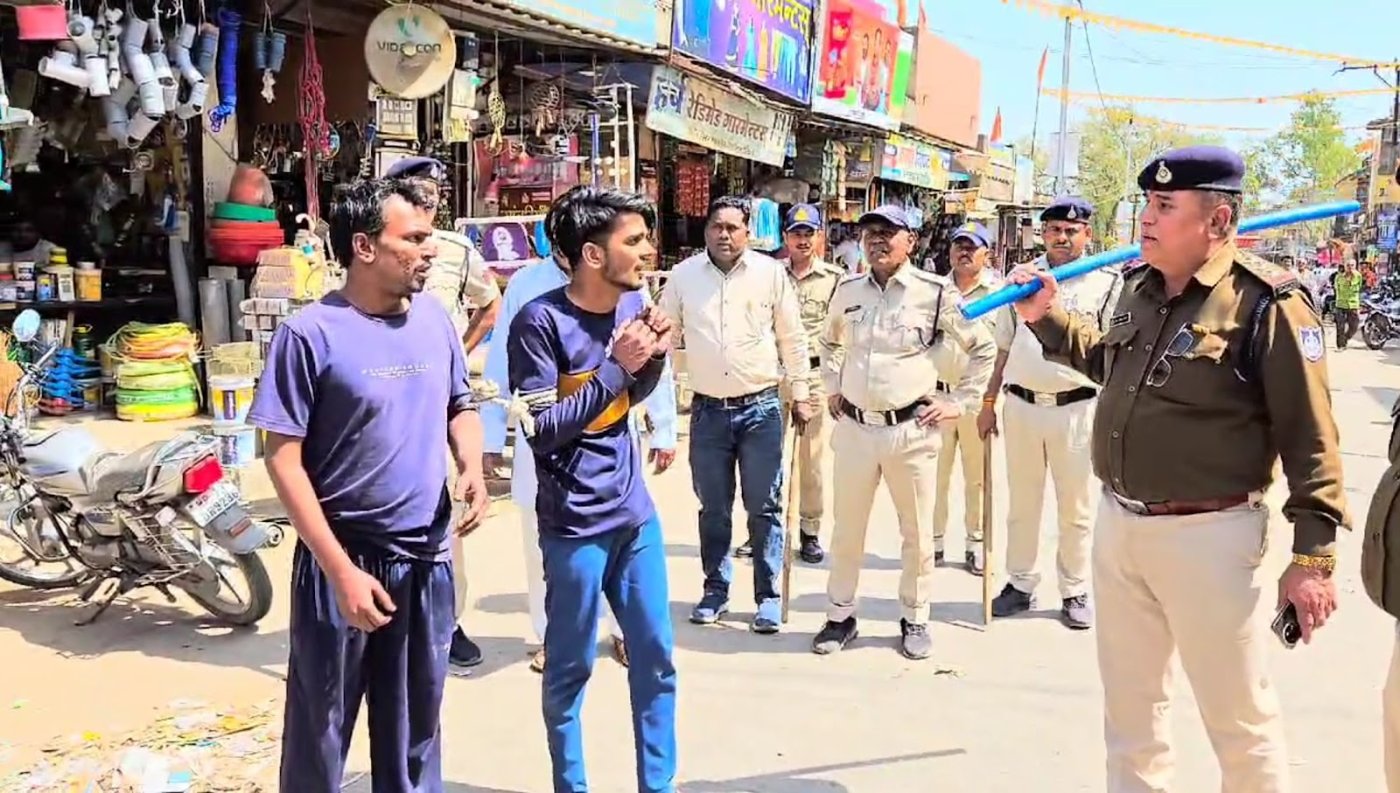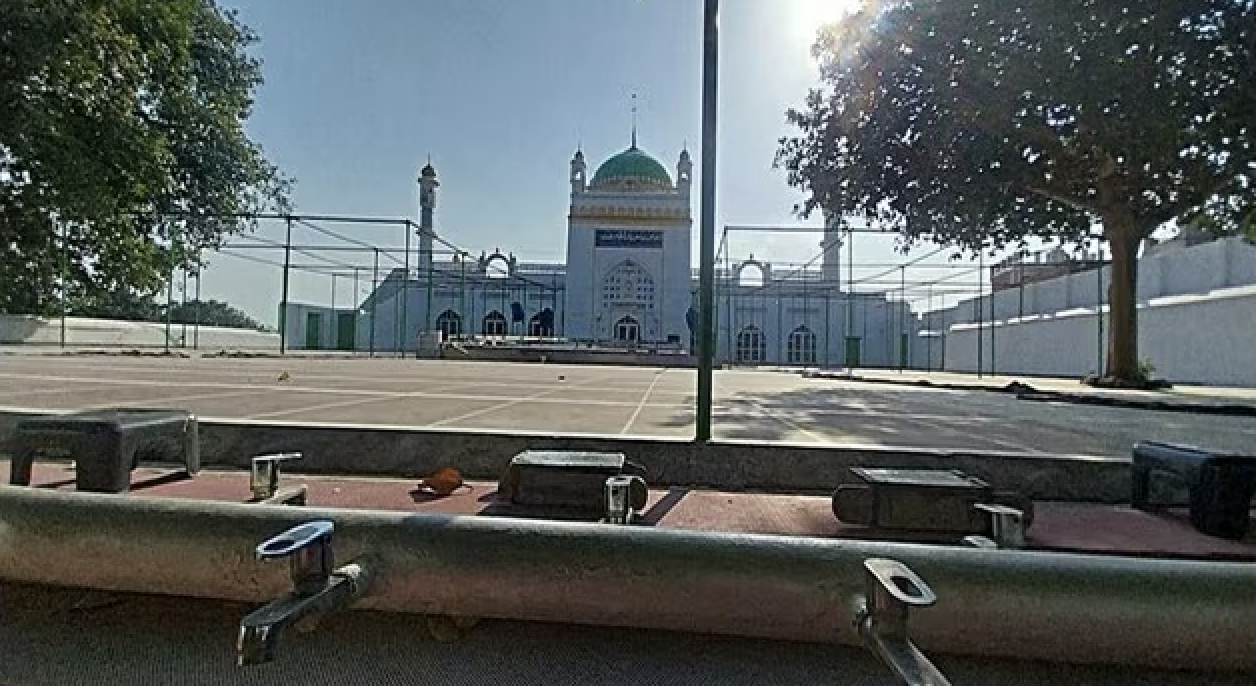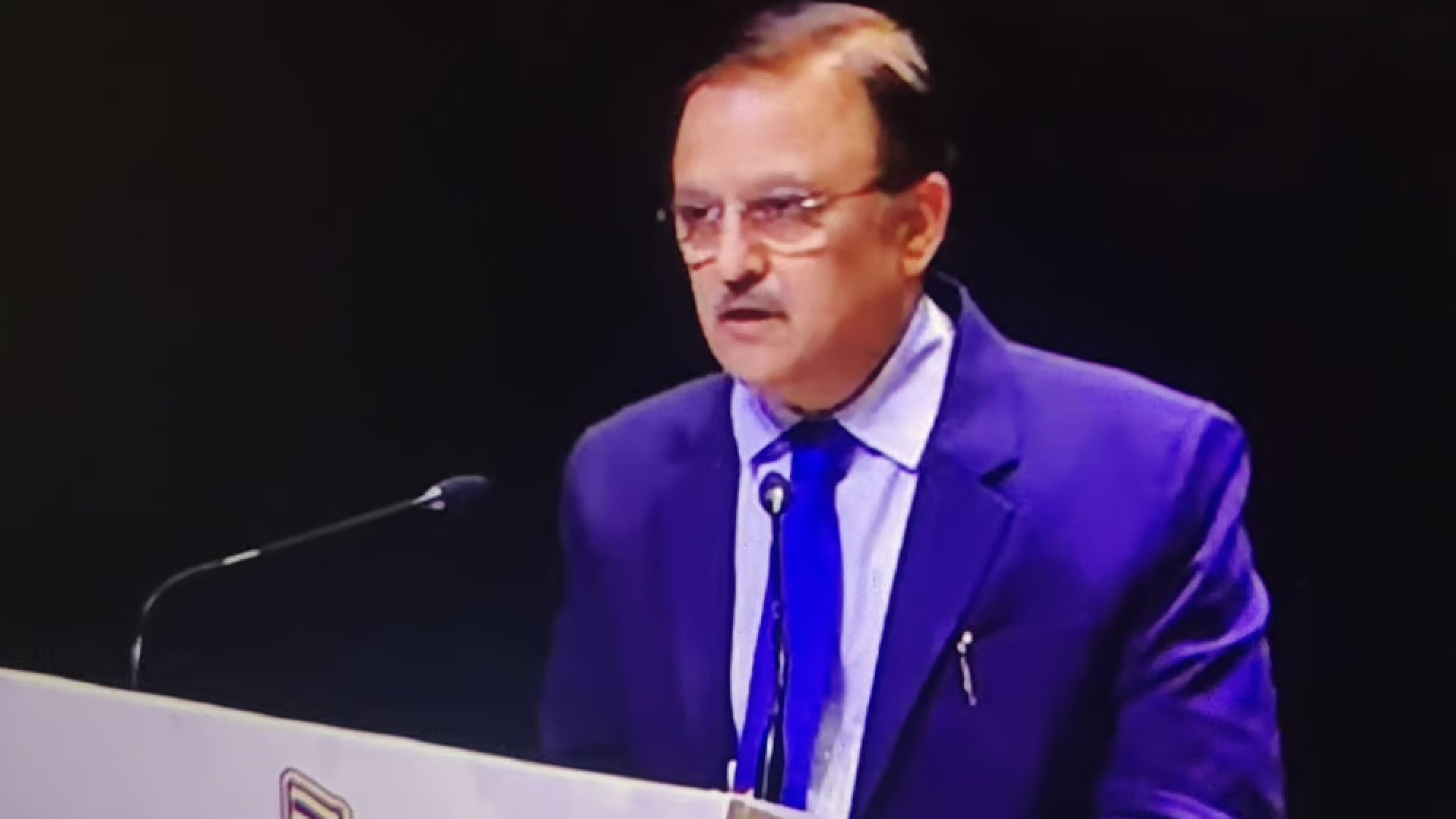
By SUVOJIT BAGCHI / TRT World
Roy believes that a “vast population of Indian people will not participate in the hate festival” and eventually defeat the far-right political establishment to save the country’s secular character.
Indian author and rights activist Arundhati Roy has been routinely commenting about the rise and the rule of the Hindu right in the country of nearly 1.4 billion people. As a citizen and a journalist, Arundhati—the winner of Man Booker Prize in 1997 for her novel The God of Small Things—has continued to underscore systemic flaws in Indian polity and society. In an interview to TRT World, she analysed the impact of religion-based nationalists’ rise on Indian society, failure of the opposition parties to put up a resistance at the national level to the challenges of a country still officially called ‘secular’.
TRT WORLD: You just had your 60th birthday; I have a question related to it. When you celebrated your earlier birthdays–especially in 1991, when India was in the grip of another Hindutva wave in the run up to the Babri Mosque demolition–could you imagine an India almost entirely driven by religion?
ARUNDHATI ROY: Most people have my date of birth wrong. I am 62, not 60.
Anyway, to answer your question, when Lal Krishna Advani (India’s key opposition leader in the 1990s) began his Rath Yatra (chariot rally) which eventually led to the demolition of the Babri Masjid, I was working on a movie being shot in Madhya Pradesh. I got caught up in the frenzy in Bhopal. I have been writing about the coming of this era—this RSS (Rashtriya Swayamsevak Sangh, the Hindu nationalist organisation) rule—for the last two decades. Narendra Modi as we know is a member of the RSS, a fascist, Hindu nationalist organisation; the most powerful political force in India with tens of thousands of branches and hundreds of thousands of militia.
This year will mark the 20th anniversary of the Gujarat massacre—the anti-Muslim pogrom under Modi’s Chief Ministership after which he was anointed Hindu Hriday Samrat—the Emperor of Hindu Hearts. The journey to power that followed was also supported by India’s major corporate houses. The wheels on which that engine moved were a series of massacres, false flag attacks and fake assassination plots.
All of which I have written about and been pilloried for, by India’s supposedly ‘secular’ liberal commentators, who are now busy crying themselves a river.
Has Indian society changed—the reason why all political parties are more-or-less overtly celebrating Hindu rituals?
AR: The RSS has spent almost a century working the fault lines, laying fuse wires, exciting old prejudices, creating new ones. They have been incredibly successful. However, this sort of single-note hum of hatred has a shelf-life. India is too vast and diverse for their limited imagination. We had to go through this tunnel. We have paid a huge price. The years ahead are critical. The RSS will either destroy India or India will destroy them.
People are being able to see through their game. Not the elite, but the poor, who have been used by the RSS at great cost to themselves. It’s the stuff of conversations in the streets and villages in Uttar Pradesh (UP)—a state, which along with Gujarat is the crucible of Hindutva. People are standing up. So are political parties…State after state is falling out of the Bharatiya Janata Party’s (BJP) grip. The problem is at the Centre and the solution is federalism. The only solution.
A south Indian college’s decision to prohibit girls from wearing the hijab, the headscarf, has resulted in an interim court order prohibiting hijab. The order indicates a societal support to ban hijab. How would you explain such a deep dislike for a community?
AR: It’s not that we have not seen hatred before. Inter-caste, inter-community, inter-religious hatred has manifested itself regularly in utterly shocking ways. We are a deeply violent society. We have lived through the anti-Sikh pogrom in Delhi, the massacre of Muslims in ’93 in Mumbai, the massacre of Christians in Kandhamal, the smashing of churches, the burning of missionaries.
What is chilling now is that there is a stated ideology at work. Those who subscribe to it are proud of the daylight lynching and killing; proud of its power to bend every institution to its will. In the case of the hijab controversy in (southern state) Karnataka, you have a court order openly pandering to the demands of those in power. Its timing perfectly suited the desperate need of the BJP to create religious polarisation from outside the state of UP, because inside the state, law and order and ‘security’ are major campaign issues in the ongoing state elections.
The irony for them to suggest that schoolgirls must not wear hijabs, while India’s Prime Minister and UP’s Chief Minister —in their official capacities—prance around in saffron robes like Hindu godmen—says everything. To watch young Muslim women having their hijabs removed before they enter their classrooms is sickening.
It appears previous parties in power—particularly Congress—are largely responsible for the rise of an organised right. From hollowing out Article 370 in Jammu-Kashmir (India-administered Kashmir) to weakening the federal structure of India, the Congress’ actions to shape ‘a strong centre’ has helped the BJP.
AR: The Congress has done many terrible things and many good things too. But in its later years it undid many of those good things. Yes, to answer your question bluntly, it created the climate for the BJP to sweep in and harvest the crop it had sown. Given the history of the RSS, the relentless work of its cadres across our country, this was a storm that has been a long time coming. The ‘strong centre’ has turned into a crazed centre.
Apart from the blinkered ideology that drives them, we cannot minimise the lack of intelligence of our Prime Minister. To try and establish a mediaeval nation in the midst of modern-day politics is just impossible. He is losing control of himself. He no longer wears clothes, just costumes. One day he is a godman, next day a soldier, third day a Sikh, fourth day a member of a Goan band, depending on which state he is campaigning in or which dignitary he is meeting. It is very, very disturbing. He needs counselling.
What does Kashmir mean to Indian politics now? Can Kashmir be managed the way it is being managed—with force—indefinitely?
AR: I do not know what will happen in Kashmir. Its people are being suffocated. Ground down into some kind of powder. But still they rise. The Kashmiri press has been garrotted. The Indian media just lies. The gates have been opened for Indians to flood in and overwhelm Kashmir by just their sheer numbers.
On the other hand, that short-sighted changing of the status quo by abrogating (Constitution’s) Section 370 has the Indian army now strung across two fronts, facing down China as well as Pakistan. Just keeping a battle-ready army at those altitudes is going to be a huge cost—both economically as well as in terms of the army’s health. Soldiers will die in numbers, just fighting the elements.
Do you have any trust left for the institutions—the judiciary, the electoral process, the press?
AR: The mainstream media? None. Zero. It has played a murderous role in this chapter in India’s history. Unforgivable.
The election machinery is seriously compromised. These secret electoral bonds and Modi’s sudden demonetisation policy impoverished other political parties and enriched the BJP unimaginably. You can see the results of that in a state like UP, just now in the process of voting in the state elections. The BJP has money to pay cadres, to man booths, it has access to data that nobody else has. It is like watching a Ferrari racing a bicycle. But then, we have—metaphorically—pot-holed village roads. It could be that the Ferrari stalls and the bicycle wins. But that will be against all odds.
As for the judiciary, these last few years it has colluded with the government’s agenda in seriously disturbing ways. So let’s say I have only a vestigial faith in these vestigial institutions.
Do you think India still is a—for want of a better word—‘secular’ & religion-neutral country or it has changed from inside but people still believe it is secular?
AR: I think a huge section of India’s people were swayed, convulsed, mesmerised by the BJP’s narrative. The poison has entered our bloodstream. But I think it has peaked and a new chapter will begin.
But as the BJP weakens it will become more dangerous than ever. It came to power through a series of massacres, false flag attacks and a blitz of fake news disseminated by its trolls and WhatsApp farms. It will go out in the same way. Sadly, if it is defeated by a weak party or parties, it will come back stronger. But I think people have had enough of them. Finally there is a vast population of Indian people who will not participate in the hate festival. They will step up. Many already do.
Do you have any hope left with both Congress and the regional parties that they will be able to put things back in order?
AR: The Congress is in disarray. It’s like watching a goldfish fight a shark. But regional parties have shown great strength and spirit. In West Bengal, Tamil Nadu, Kerala, Punjab, Maharashtra. In UP, Akhilesh Yadav of the Samajwadi Party is putting up an incredible fight, so are the people of that state. If you hear the conversations in the towns and villages—in the huge farmers’ rallies—you will understand what I mean.
So if these regional leaders get together with the Congress, if the Congress shows vision and humility and if they come up with a program that is truly federal, the BJP can be defeated. Because, we do not need an individual person to replace Modi. We need a system.
Anything else would you like to add?
AR: Well yes. This ugliness, this talk of the hate machine we are up against, leaves out the real tragedy of India. The coming water crisis, the poverty, the hunger, the lack of access to medicine and healthcare, the vast population of malnourished and stunted children, the hundreds of thousands of farmers suicides, the massive rate of unemployment, the fact that it has become one of the most unequal societies in the world. To see the conditions in which people live, in our cities as well as our villages—it should make us all ashamed.
This article first appeared on trtworld.com






